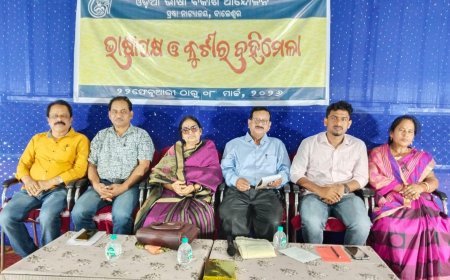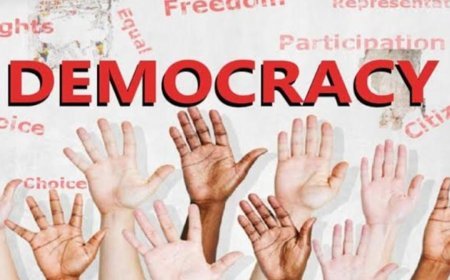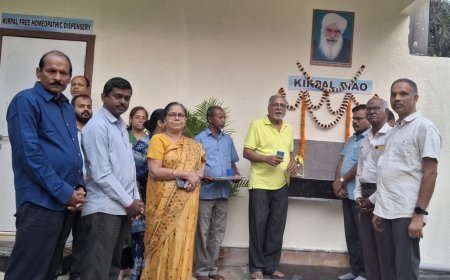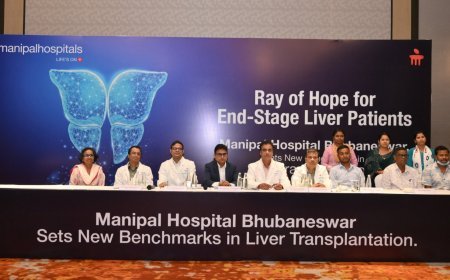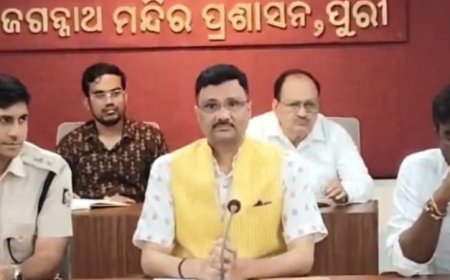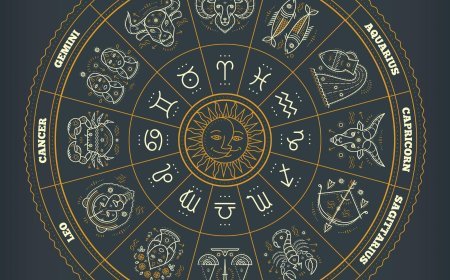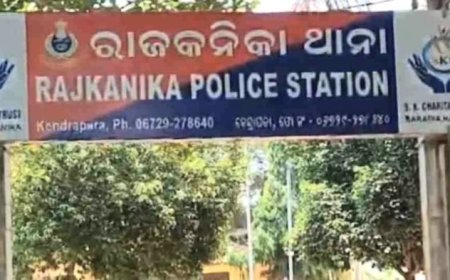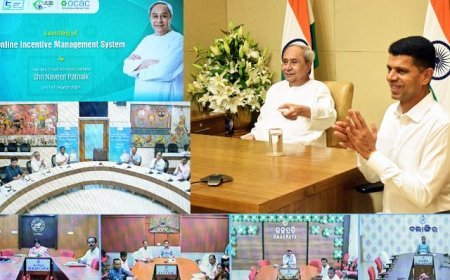A kind of optimism after Modi-Yunus meeting

By: N.J.Thakuria
An impressive one-to-one meeting between Prime Minister Narendra Modi and Bangladesh interim government chief Professor Muhammad Yunus in Bangkok created some optimism among the people of eastern Bharat. Both the south Asian leaders had a warm discussion on the sideline of the 6th BIMSTEC assembly in the Thai capital city on 4 April 2025. The Bay of Bengal Initiative for Multi-Sectoral Technical and Economic Cooperation had earlier summits in Bangkok (2004), New Delhi (2008), Naypyidaw (2014), Kathmandu (2018) and Colombo (2022). Came to exist since June 1997, the BIMSTEC comprises member-countries namely India, Bangladesh, Nepal, Bhutan, Sri Lanka, Thailand and Myanmar. PM Modi met with Prof Yunus for the first time after the lone Nobel laureate of Bangladesh took charge of the caretaker government in Dhaka following a massive student-led movement compelled sitting Prime Minister Sheikh Hasina to resign and flee on 5 August last year.
PM Modi highlighted the issue of atrocities on minority people including the Hindus in Bangladesh and hoped that the Yunus administration would thoroughly investigate all those incidents. He also insisted on maintaining the border secured and reiterated India's support for a democratic, progressive and comprehensive Bangladesh. On the other hand, Prof Yunus raised the issue of Hasina’s extradition as she faces hundreds of cases lodged against her along with a number of Awami League leaders in their home country. Incidentally the deposed premier Hasina arrived in New Delhi for a temporary shelter and the consecutive fourth time premier of the Muslim majority nation continues to stay somewhere in the national capital city. Referring to the UN agency’s fact-finding report on serious human rights violations and abuses (committed by Bangla security forces and Awami League activists in 15 July-5 August 2024 period), Prof Yunus asserted that no less than 1,400 protest-related deaths took place in the monsoon revolution. He also brought the issue of Hasina’s provocative statements which unnecessarily created confusion in Indo-Bangla relations to PM Modi’s attention. The issue of border killings and sharing of water from Teesta river also surfaced in the discussion that lasted for around 40 minutes.
The exchange of words between them was candid, productive and constructive with mutual respect to each other, where Prof Yunus commented that Bangladesh deeply values its relationship with India. The deep-rooted friendship between the two countries is founded on intertwined histories, geographical proximity, and cultural affinity. Bangladesh remains thankful for the unwavering support of the government and people of India during its most challenging time in 1971. As Bangladesh assumes chairmanship of BIMSTEC, Prof Yunus sought the support of India for a free trade agreement among the seven member-nations. Even though, the meeting did not offer immediate solutions to any problem between the two nations, it initiated an ambience of confidence and renewed trust. Prof Yunus reiterated his interest to go for national elections in Bangladesh very soon. He only expected that the political parties would agree to accept a minimal reform in various administrative, financial, electoral and judicial systems with assurances that the winning representatives in Jatiya Sansad will continue pursuing the reform process. Till date, most of the political parties namely Bangladesh Nationalist Party, National Citizen Party with others also expressed their readiness to join the polls.
Many political observers thought that the proposed meeting was unlikely for many reasons including a strong statement by the Rashtriya Swayamsevak Sangh (RSS) targeting the government in Dhaka for its failure to protect the minority communities at the hands of radical Islamists. The RSS’s Akhil Bharatiya Pratinidhi Sabha 2025 in Bangalore expressed serious concern over the unabated and planned violence, injustice and oppression faced by the Hindus there. Terming it a fit case of human rights violation, the ABPS observed that several incidents of attacks on Hindu religious places, desecration of deities, looting of properties, abduction and molestation of women etc were recorded. The annual meeting of RSS, an ideologue of Bharatiya Janata Party, also called upon the international community to take serious note of these inhumane acts and pressurize Dhaka to take concrete steps to halt violence against Hindus and other minorities.
However, the meeting took place and we can only expect a better time for both the nations.








